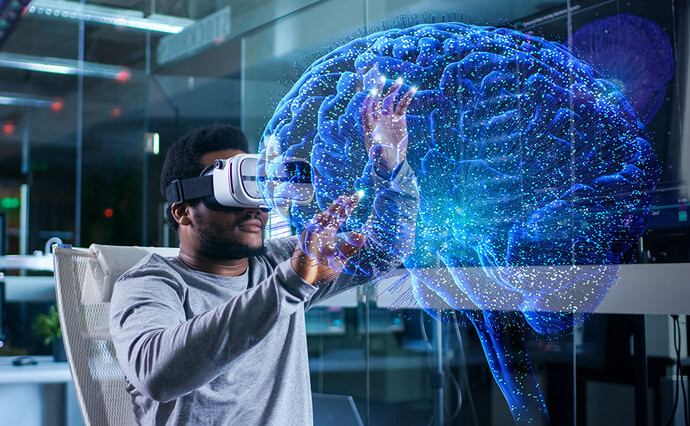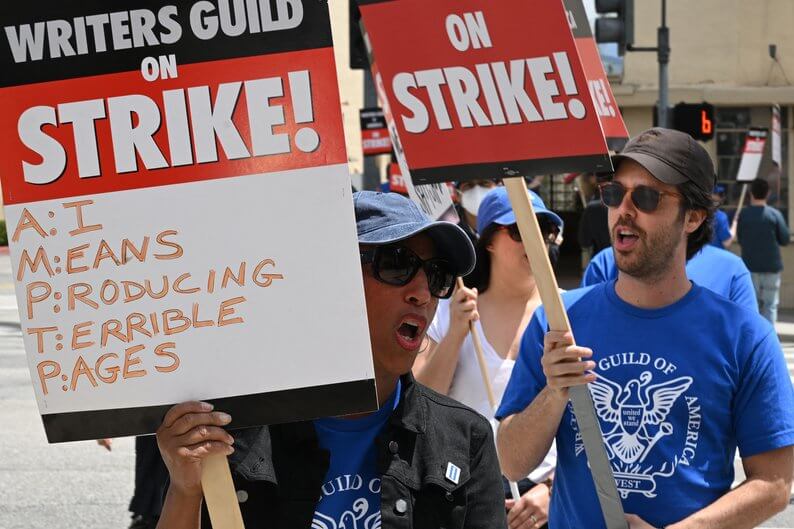Don't miss interesting news

New strike in Hollywood. This time, video game actors are protesting against Artificial Intelligence.

According to information published by BBCperformers are unhappy that game studios are using generative artificial intelligence to recreate their voices and appearance for animating video game characters without providing them with fair compensation. Moreover, a year and a half ago, a new contract was already being negotiated between the companies and the union representing more than 2,500 video game artists.
“Although agreements have been reached on many issues… the employers refuse to explicitly state, in clear and enforceable language, that they will protect all performers covered by this contract in their AI language,” the Screen Actors Guild-American Federation of Television and Radio Artists (Sag-Aftra) said in a statement.
“We will not agree to a contract that allows companies to misuse artificial intelligence to the detriment of our members,” it added.
However, the video game studios said they have already made enough concessions to the union’s demands.
“We’re disappointed that the union has decided to walk away when we’re so close to a deal,” said Audrey Kuhling, a representative of the 10 video game makers who are negotiating with Sag-Aftra.
According to dataworld leader in video games and gamer data Newzoo, the global gaming industry generates more than $100 billion in revenue annually. The people who design and bring these games to life are the driving force behind this success, Sag-Aftra said.
“Our proposal is in direct response to Sag-Aftra’s concerns and extends the essential protections for artificial intelligence, which include requiring consent and fair compensation for all performers working under the [Interactive Media Agreement],” she added.
The Interactive Media Agreement applies to voice actors who provide voice acting for games and become prototype characters for video game characters.
The last such agreement, which did not include artificial intelligence protection, was due to expire in November 2022, but was extended on a monthly basis while negotiations continued.

Last year, following a strike organized by Sag-Aftra, TV and film actors in the US received $1 billion (£790 million) in new salaries and benefits, as well as protection from the use of AI.
The 118-day shutdown was the longest in the union’s 90-year history.
Combined with a separate writers’ strike, these actions have severely disrupted film and television production and cost the California economy more than $6.5 billion, according to entertainment industry publication Deadline.
A former OpenAI employee predicts a very rapid development of AI that will significantly change the life of mankind in the coming years. Thus, by 2027, artificial general intelligence (AGI) is expected to appear, capable of performing any intellectual tasks at the level of human intelligence, as well as adapting to various situations.